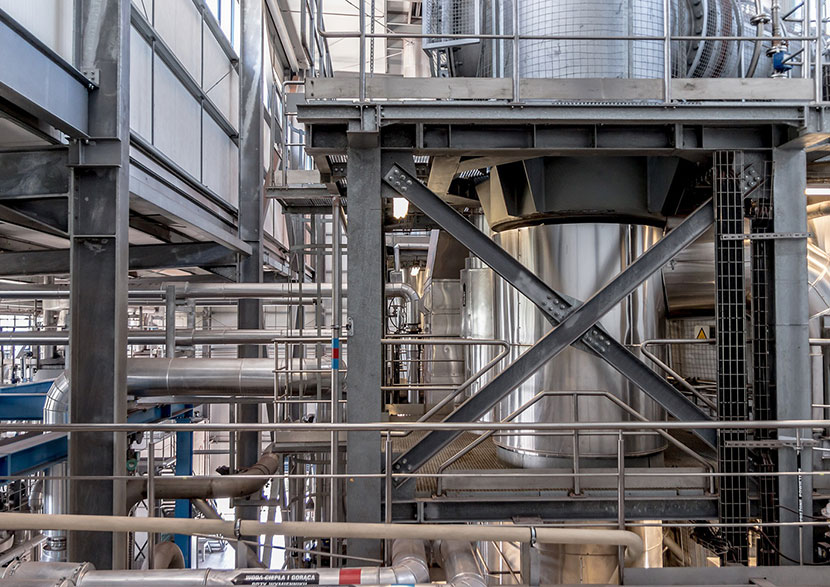Menu
Chester Office
Well House Barns
Bretton
Chester
CH4 0DH
Manchester Office
1st Floor
Barfield House
Alderley Road
Wilmslow
SK9 1PL
Newcastle Office
Maling Exchange
Studio 307
Hoults Yard
Walker Road
Newcastle Upon Tyne
NE6 2HL


Axis worked with Progressive Energy to deliver the HyNet project to support the development of 5GW of low carbon hydrogen production capacity by 2030.
In 2020, the UK government outlined a ten point plan to generate a Green Industrial Revolution, brought about by clean energy, environmental protection and emissions reduction. Carbon capture is a key point in the plan, with the aim of developing 5GW of low carbon hydrogen production capacity by 2030.
The North West in particular is recognised as one of the most carbon intensive areas of the UK due to its prominent industrial sector. In order to retain these vital industrial businesses and achieve a reduction in carbon emissions, the government has enlisted the support of various partners to develop the HyNet project, which will produce clean hydrogen and store carbon dioxide produced by energy-intensive industries in the region.
It’s estimated that the project, when completed, will provide a substantial proportion of the hydrogen necessary to meet the UK’s net zero target while removing millions of tonnes of CO2 from the atmosphere.
Ideally based within the North West with vast experience in producing EIAs and securing planning consent for major energy related infrastructure, Axis is an integral part of HyNet North West’s consenting team.
During this ongoing project we’re providing planning, environmental and stakeholder advice for our partner experts and leading on the production of elements of the project’s planning permissions, including the CO2 processing facilities and new pipelines to transport the CO2 compressors.
Our remit during the first phase of the project is to help secure the necessary consents for a new CO2 pipeline and repurposing of an existing pipeline that will run from the industrial heartland around Stanlow and Protos at the Point of Ayr, on the coast of Flintshire, pumping CO2 into depleted underground gas reservoirs beneath Liverpool Bay.
The limitations of the consenting regime mean that the project requires both a Development Consent Order and, for the repurposing of existing pipeline, planning permission.

A wealth of experience in consenting technically complicated infrastructure projects, combined with local knowledge of potential environmental constraints and familiarity with key stakeholders, means we’re confident we can secure the necessary consents for this pioneering project.
Andrew Russell, Technical Director at Axis, said: “We’re excited to be part of this groundbreaking project. It marks a really important step in achieving the UK’s commitments to reducing greenhouse gas emissions, identifying the North West as a leader in the UK’s fight on climate change.”
Hynet has the potential to reduce carbon emissions by 10 million tonnes annually by 2030, provide nearly half of the total hydrogen needed to meet the UK’s net zero target and create 6,000 new jobs in the North West.
David Parkin, Director of Progressive Energy Limited, said: “HyNet holds the potential for clean economic growth and jobs for communities across the north west of England and North Wales. Hydrogen and CCS will play a major role in achieving the UK’s 2050 net zero target and we’re delighted to be supported by WSP, Copper Consultancy and Axis to deliver this stage of the scheme.”
Well House Barns
Bretton
Chester
CH4 0DH
1st Floor
Barfield House
Alderley Road
Wilmslow
SK9 1PL
Maling Exchange
Studio 307
Hoults Yard
Walker Road
Newcastle Upon Tyne
NE6 2HL
We’re expanding into the North East with an office in the heart of Newcastle. If you’re looking for expert planning guidance, this is an exciting opportunity for collaboration! Find out more about how we can help you
Now serving the North East!
We’re expanding into the North East with an office in the heart of Newcastle. If you’re looking for expert planning guidance, this is an exciting opportunity for collaboration!